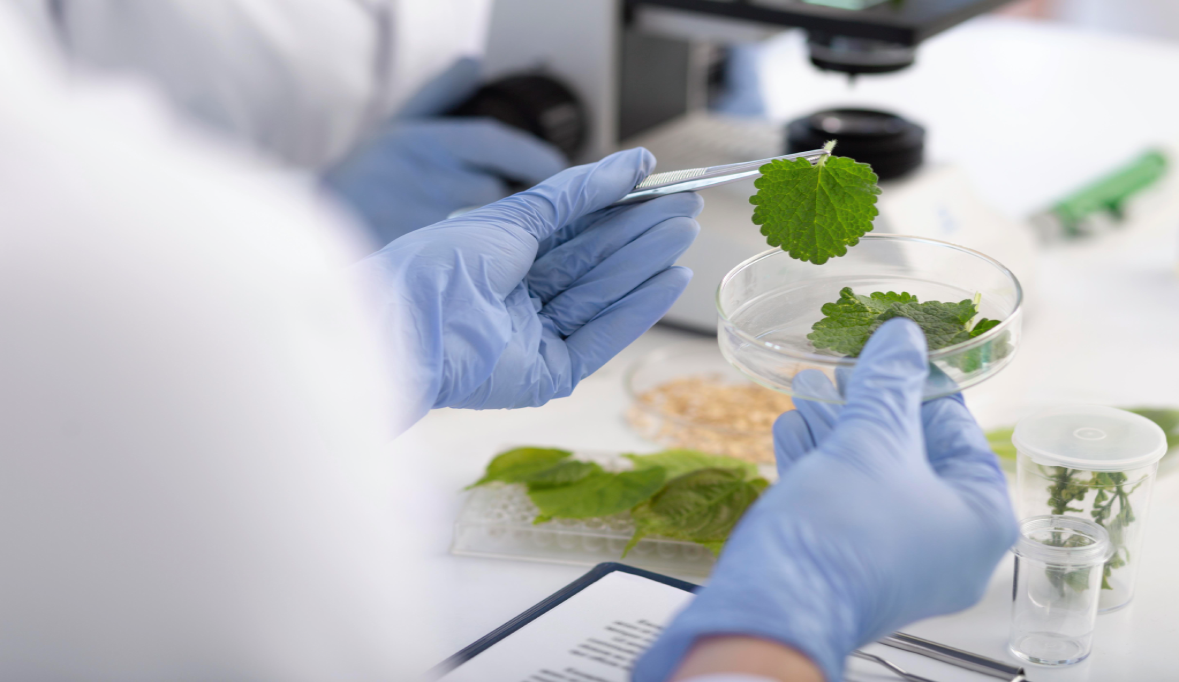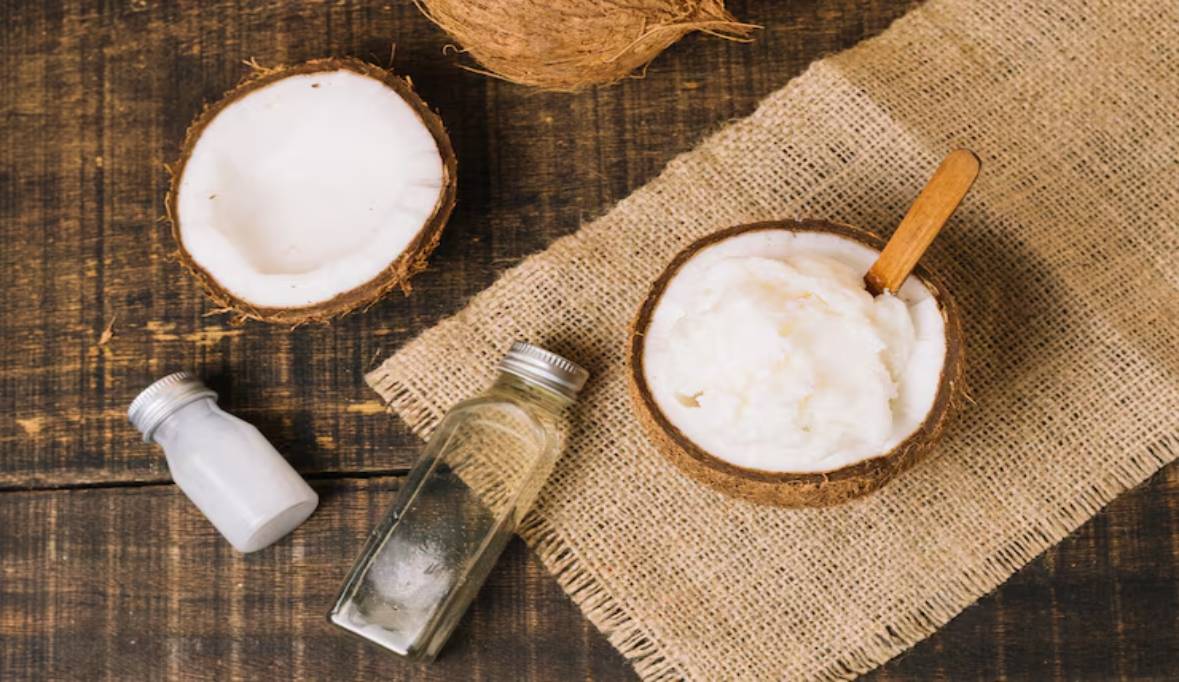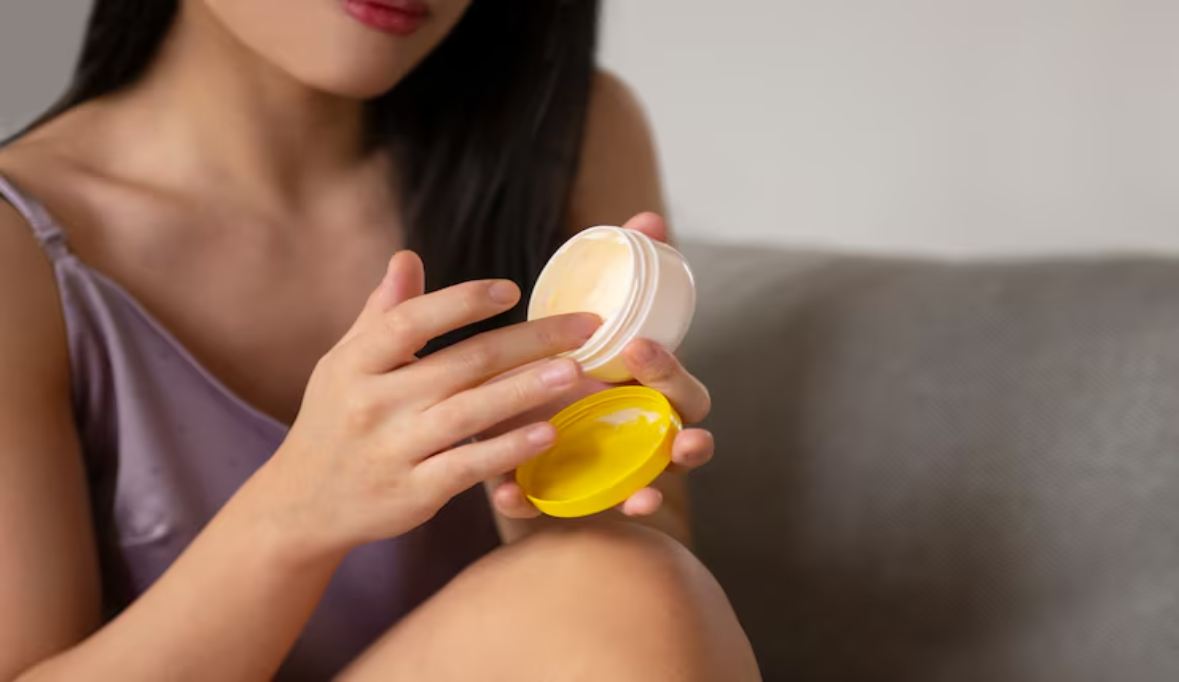As time goes by, consumers are becoming more discerning with their purchasing decisions. Many want to make sure that the products they buy align with their values, particularly in terms of environmental responsibility, ethical sourcing, and overall sustainability. With a growing demand for transparency and accountability, businesses are rethinking their operations to meet these evolving expectations. For many, especially those in sectors like beauty, skincare, home care, and food manufacturing, this starts with swapping conventional ingredients with sustainably sourced alternatives.
Sustainable ingredients serve as a reflection of long-term stewardship and social responsibility. These materials are harvested or produced in ways that reduce harm to the environment, protect natural resources, and support fair labor practices. Sourcing them, however, can be complex, as it’s not always clear which ingredients meet credible sustainability benchmarks.

The onus is on business owners from these sectors to ensure that their ingredients carry the proper certifications if the goal is to verify their sustainability claims. To that end, here are six certifications that can help confirm whether an ingredient meets recognized environmental and ethical standards:
1) B Corporation Certification
The B Corporation certification, issued by the nonprofit B Lab, is awarded to businesses that meet high standards of social and environmental performance, accountability, and transparency. It assures consumers that a company’s entire operation—including sourcing practices—aligns with sustainable and ethical principles. While not specific to individual ingredients, the B Corp status evaluates a company’s overall impact, including how it treats its workers, manages supply chains, and contributes to environmental sustainability.
2) Halal Certification
Halal certification confirms that a product complies with Islamic dietary laws and ethical standards. It encompasses the sourcing, production, and handling of ingredients, ensuring they are permissible under Islamic law. While traditionally associated with food and beverages, halal certification is increasingly being applied to cosmetics, pharmaceuticals, and personal care items. This is particularly relevant for ingredients where animal-derived or synthetic additives may be used.
Apart from their composition, how ingredients are processed and packaged also plays a critical role in achieving halal compliance. For a formulation to pass, manufacturing equipment must be free from contamination with non-halal substances. Facilities must also undergo routine inspections to verify adherence to halal protocols. For instance, a microplastic-free pearlizer used in a skincare product must not only meet purity standards but also be produced in a facility that complies fully with halal processing requirements.
3) Flustix Microplastic-Free Certification
The flustix Microplastic-Free certification is a product-level label that verifies the absence of microplastics in both the ingredients and packaging materials. Developed in Germany and recognized internationally, flustix provides clarity for consumers and manufacturers seeking to minimize plastic pollution. This certification is especially relevant for personal care products, cleaning agents, and packaged foods, where microplastics may otherwise go unnoticed. It also supports efforts to improve marine and environmental health by preventing microplastic contamination from product use and disposal.
4) Cradle to Cradle Certification
The Cradle to Cradle Certified® Product Standard evaluates a product’s entire life cycle—from material health and reuse to energy use and social fairness. Administered by the Cradle to Cradle Products Innovation Institute, this certification promotes the concept of circularity, encouraging manufacturers to design products with safe, sustainable, and recoverable materials.
This certification applies to a wide range of sectors, including textiles, packaging, personal care products, and building materials. Cradle to Cradle certification is especially valuable when sourcing ingredients or components that will eventually return to the environment or re-enter the manufacturing cycle.
5) Fairtrade International Certification
Fairtrade International certification ensures that ingredients are sourced from producers who adhere to rigorous social, environmental, and economic standards. This includes fair wages, safe working conditions, and environmentally responsible farming practices.
Commonly seen on agricultural products such as cocoa, sugar, tea, coffee, and certain oils, Fairtrade helps support smallholder farmers and promotes sustainable agriculture. For businesses sourcing raw ingredients, this certification signals a commitment to ethical trade and long-term community development in the supply chain.
6) Leaping Bunny Certification
The Leaping Bunny certification, managed by the Coalition for Consumer Information on Cosmetics (CCIC), is a globally recognized standard for cruelty-free products. It verifies that neither the finished product nor its ingredients have been tested on animals at any stage of development.
What sets Leaping Bunny apart is its requirement for brands to implement a supplier monitoring system, ensuring ongoing compliance throughout the entire supply chain. This certification is most commonly seen on cosmetics, personal care items, and household cleaning products.
7) Vegan Action
Vegan Action, also known as the Vegan Awareness Foundation, certifies products that are free from animal ingredients and animal testing. The certification applies not only to the final product but also to the raw materials and manufacturing processes used. It ensures that no animal-derived substances—such as collagen, beeswax, or carmine—are included, making it particularly relevant for plant-based formulations.
Now that sustainability has become a core expectation among consumers, verifying the origins and integrity of ingredients is more important than ever. Certifications offer a reliable way to navigate complex supply chains and demonstrate a commitment to environmental and ethical standards. Businesses that understand what each certification represents and where it applies are equipped to make the best possible sourcing decisions, ultimately building trust with consumers while advancing their sustainability goals.
If you’re looking for a company that offers certified sustainable ingredients sourced from coconuts, Natura Aeropack is a name you can trust. We specialize in the development and manufacturing of natural, coconut-derived ingredients, ensuring that your formulations meet high standards for quality, traceability, and environmental responsibility. Contact us today so that we can customize a sustainable ingredient solution for your business today.





